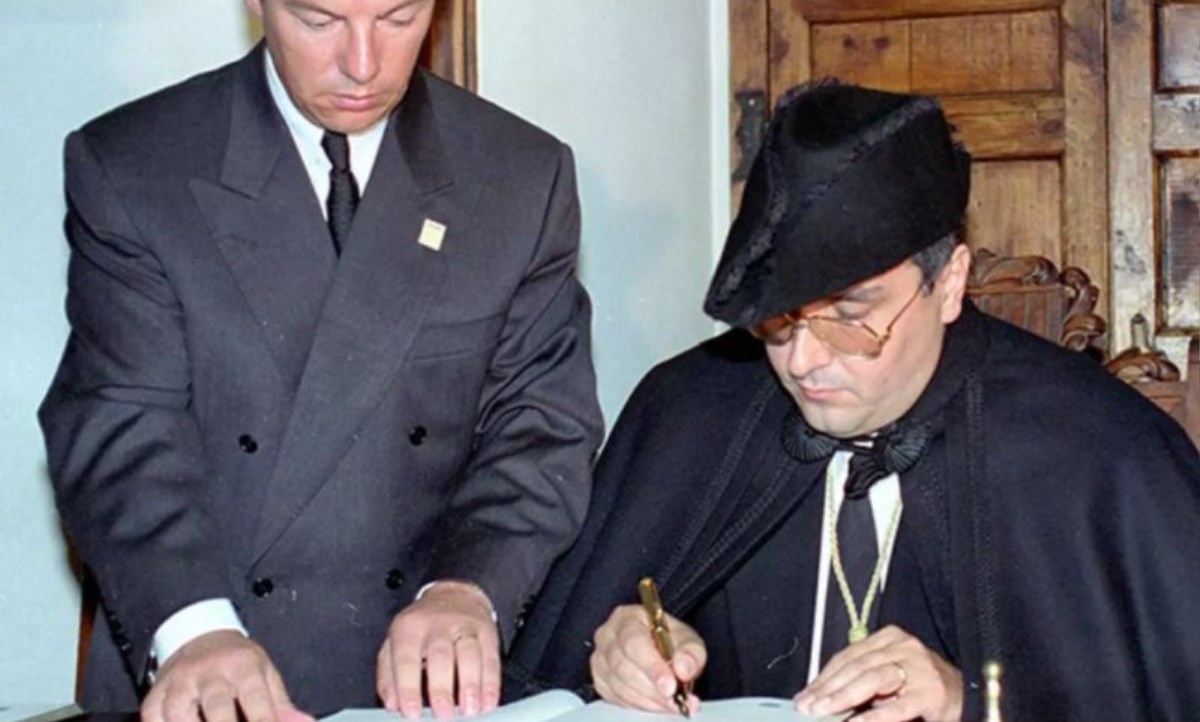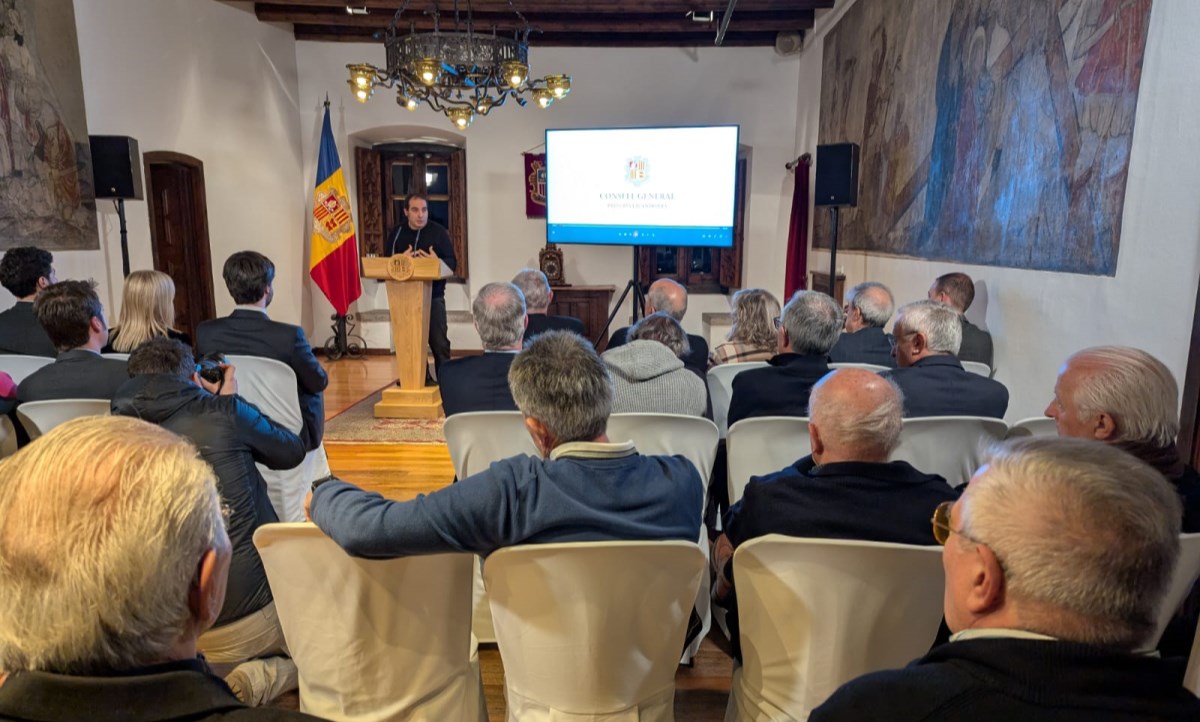Projects

In 1993, Andorra adopted a written Constitution for the first time in its history. With this, doubts about its statehood were dispelled once and for all, the door to international recognition was opened, sovereignty was unequivocally vested in the Andorran people, the separation of powers was guaranteed, and the Co-Principality was perpetuated (though made parliamentary). In other words, it was proclaimed that Andorra is a democratic and social state under the rule of law.
The Constitution, then, is one of the most important milestones in Andorra's history, and the path traveled to proclaim it is a very interesting but still not well-known process. Over the last three decades, we have received multiple accounts of the constituent process: we have what the press reported at the time, the minutes of the two commissions most directly involved in negotiating the magna carta have been published, some of the actors more or less directly linked to that negotiation have published books, and on the anniversary of the constitutional referendum, the media treat us to statements from the main protagonists of that historic moment. We therefore have a lot of information about the constituent process, but this, in most cases, is descriptive or memoir-based.
The knowledge available to date about the constituent process is based, therefore, on the minutes of official meetings and an aggregation of fragmentary memoirs. The objective of this research project is to superimpose an analytical, big-picture perspective on these contributions, one that is also made not from the standpoint of History, but from that of Political Science. Specifically, we will examine the Constitution from an institutional analysis perspective (analyzing the changes that occur in the Andorran political system) and from a public policy analysis perspective (determining the phases and actors of the process, studying its dynamics of alliances, cooperation, and conflict, identifying its drivers and obstacles, evaluating its results, etc.). In a complementary way to this analysis, however, we will focus on improving the available knowledge about the constituent process by producing or co-producing various outreach products.
Project research outputs:
- Analysis of Andorra's constituent process (book; publication date: March 2026)
- Collective biography of all actors involved in the constituent process (book; publication date: 2026)
- Documentary series The Path to the Constitution: first-person documentary short films about fundamental aspects of the constituent process (short films [co-production CG - AR+I - Qucut - RTVA]; air date: one short film per month during 2025; available here)
- Interviews with all members of the Constituent Council (videos [co-production CG - AR+I - Qucut]; available here)
- These are 30 interviews and a total of 450 video clips with the Constituent Council's collective memory of the constituent process. Interviews with the President and Vice President of the Constituent Council, 25 of the 28 general councilors of the Constituent Council, and the son of Constituent councilor Jordi Torres Arauz.
- Thematic itineraries on the constituent process based on the Constituent Council's collective memory (videos [co-production CG - AR+I - Qucut]; publication date: 2026)

 Yvan Lara
Yvan Lara